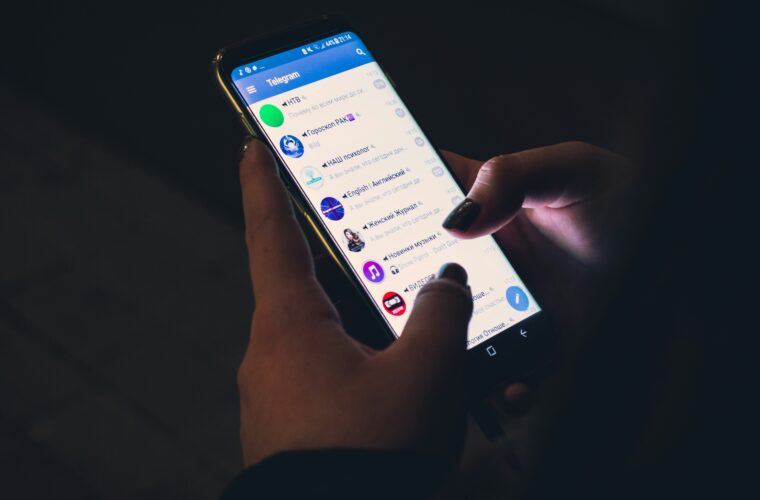A visionary with a mania for money and beautiful girls, characterised by a hatred of the mundane office life, who turned all stereotypes on their head in the parable of American nerds with a flair for business who become rich, powerful and unforgettable. John McAfee is unlikely to be forgotten, either by his followers or by his haters, because the imprint he has left is huge and goes far beyond the IT context.
Instead of putting his brain to work to capitalise on the genius that led him to create the first antivirus in history, McAfee indulged in lightning-fast passions that failed, tried all sorts of drugs, was implicated in murder and spent much of his life in the grip of paranoia. This is not the picture we are used to seeing of tech gurus, even though he was one of the first people to understand the workings of a then non-existent or almost non-existent market, which within a few years had become the most influential in generating social change on a global scale.
The breakthrough, thanks to Brain
Born in Britain on an American base, he moved to the United States as a child, where he struggled with an abusive father who died when he was a teenager. He finished his studies with a degree in mathematics by gimmicks, then attempted a PhD but was expelled for having an affair with a classmate. Despite this, his intellect was above average, and he managed to work for several companies that were fashionable at the time (such as Xerox). Still, between his inability to stay away from LSD and selling cocaine to colleagues right in the office, John lost jobs, money and dignity.
The turning point came with Brain, the first computer virus created by two Pakistani brothers. It was 1986, and McAfee, having developed his antivirus, realised the financial potential of the solution. Replicating the success of the antidote to the damage caused by Michelangelo (Brain’s successor) in his own home, John laid the groundwork for the creation of McAfee Associated, which quickly attracted hundreds of customers attracted by the effective countermeasure to viruses that otherwise created unsolvable problems for companies.
Problems and paranoia
Money was no longer a problem, so much so that the bank accounts overflowed within a few years, and McAfee decided to leave the business to enjoy life. So he sold his shares in the company, securing around $80 million, which he soon squandered on a series of flops that he faced with a smile on his face. First came his infatuation with yoga, then his love affair with aero-trekking, which cost him not only a truckload of dollars but also the loss of a grandson who died with a friend after a plane crash.



Time to collect what he had left, sell it again and move to Belize. His original plan to enjoy the beaches, the sea and relaxation was soon interrupted by experiments in the production of natural antibiotics and stormy relations with local gangs and the police, who ended up on the payroll to avoid trouble for the excesses consumed on and off his property, including drugs, prostitutes and bad thoughts that were thickening in his head. The fine thread of balance was broken when his neighbour, fellow countryman Gregory Faull, who used to walk along the beach with his trusty parrot on his shoulder, was found dead.
This behaviour did not sit well with the many dogs that guarded McAfee’s villa, and he went mad when, after several fights (and threats of poisoning), he found some of his animals lifeless. With the authorities hot on his trail, McAfee attempted an overnight escape to Guatemala, where he was caught but avoided the experience of the local jails by feigning a heart attack and using lawyers who knew how to exploit loopholes in the laws to leave the country and return to the US (for more on this I recommend watching the documentary ‘Gringo: the dangerous life of John McAfee‘ directed by Nanette Burstein).
The race for the White House
The fear of going to jail may be a strong deterrent for many, but not for John McAfee. The desire to take over the scene is too strong, so he throws himself into the White House race. He ran for president with the Libertarian Party, the third and irrelevant party after the Democrats and Republicans. Promises to legalise soft drugs, civil rights for minorities, a government based on the development of technology and a total rejection of taxes have guaranteed him more media coverage.
Once the political parenthesis had been archived, and with the need to find sources of income, McAfee plunged into cryptocurrencies. This market had just been created and was then limited to a few experts in the field. His unscrupulous use of Twitter to promote, theoretically disinterestedly, all the experiments related to Bitcoin and the like guaranteed him a good income, but also the pursuit of the IRS, which accused him of illicit income of more than 23 million dollars.
Suicide
Not yet satiated with the usual limelight, he is attempting his second presidential run in 2019 with a campaign conducted on social media, as he is touring the Caribbean on board his yacht to escape the scrutiny of the American authorities. The images of his arrest in Norway for disembarking during COVID-19 with a unique mask made of women’s panties pulled down over his face to cover his nose and mouth have gone around the world. Still, it remains one of the last flashes of a crazy life that ended at the age of 75 with his suicide in San Esteve Sesrovires prison near Barcelona, a few hours after the Spanish court ruled on his extradition to the United States, where he risked a 30-year sentence for tax evasion.


